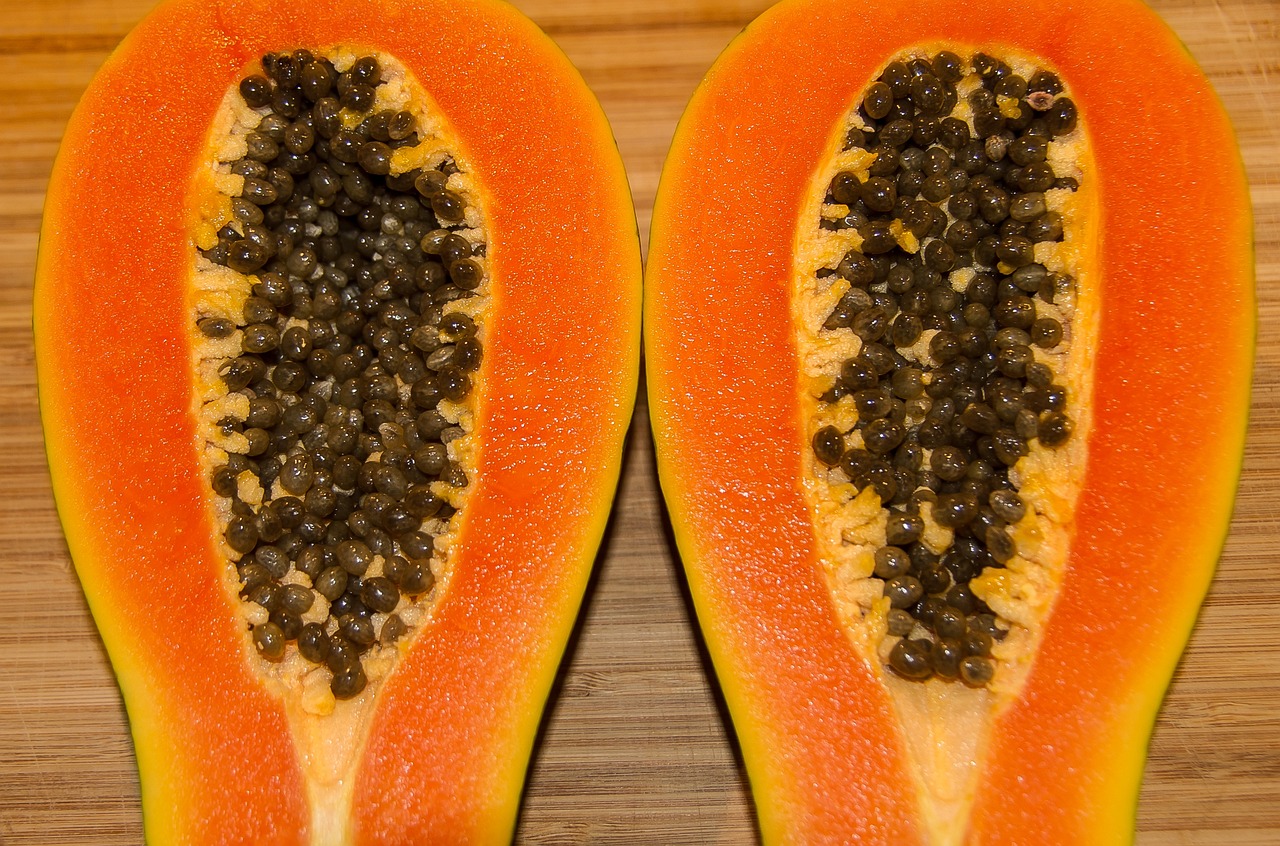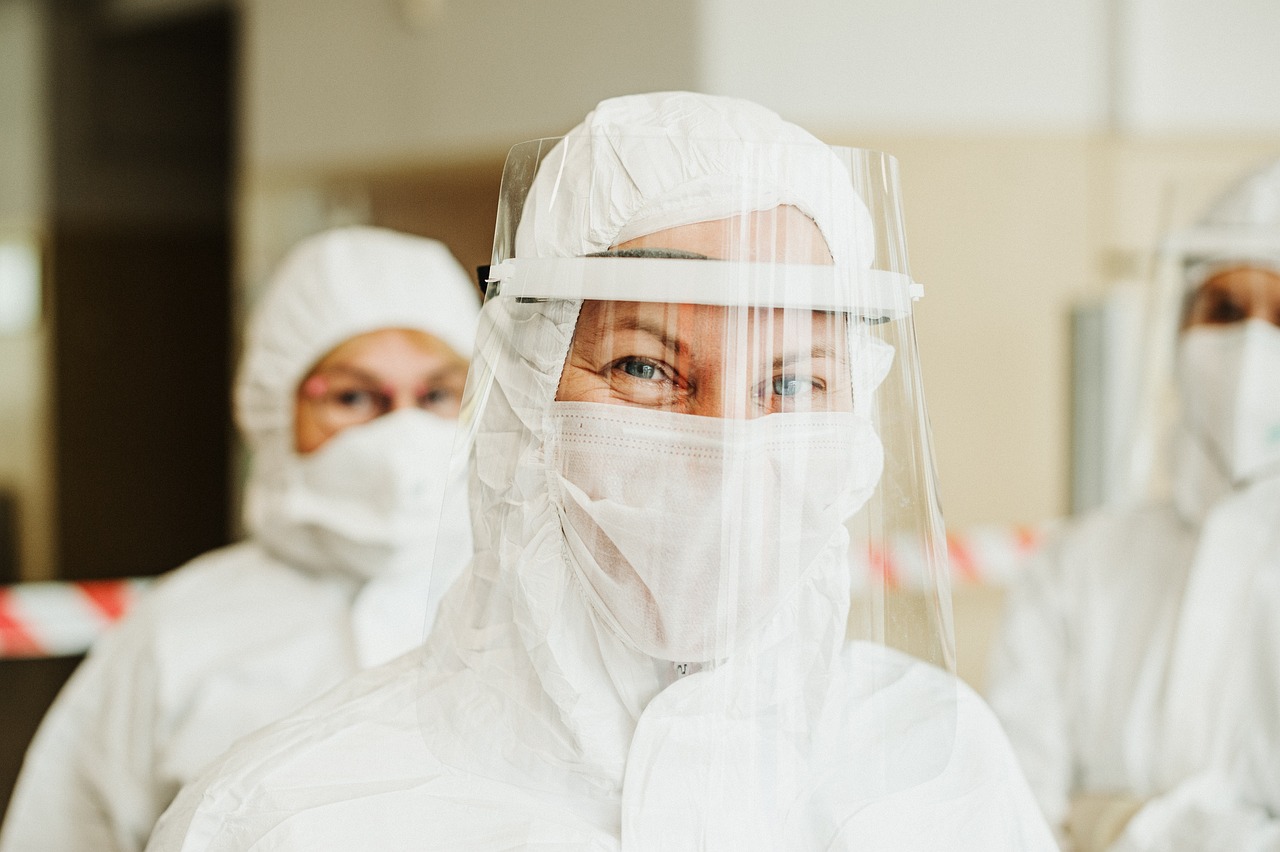As the day winds down, the temptation to indulge in a late-night snack or a soothing drink might arise, but it's crucial to consider the impact on your health, particularly regarding caffeine intake, emphasizes Roberta Anding, a registered dietitian and assistant professor at Baylor College of Medicine's Joseph Barnhart Department of Orthopedic Surgery.
Anding underscores the importance of being mindful about late-night consumption, especially regarding caffeine, due to its potential to disrupt sleep patterns and overall well-being. "Consuming a substantial meal close to bedtime, say at 8 p.m. when you plan to retire by 9 p.m., or continuing caffeine intake past noon can significantly affect your sleep quality," she advises.
The adverse effects of caffeine on sleep are well-documented, with its half-life extending up to 4.5 hours. This means that even consuming it earlier in the day can impact sleep onset and duration, doubling the time it takes for an average person to fall asleep. Caffeine lurks not only in coffee and tea but also in various soft drinks and pre-workout supplements, making it imperative to monitor intake throughout the day.
Anding elaborates on the physiological repercussions of heavy meals before bed, noting their potential to divert blood flow to the digestive system, thereby compromising brain circulation crucial for transitioning through sleep stages. While individual schedules vary, with considerations like night shifts or post-athletic endeavors, Anding recommends opting for light, easily digestible snacks if hunger strikes before bedtime. Suggestions include nutrient-dense options like berries with Greek yogurt or apple slices paired with peanut butter, which provide a balance of protein and fats to sustain satiety.
When it comes to beverages, Anding encourages diversifying beyond water to avoid caffeine, suggesting alternatives like milk or caffeine-free sparkling water. Recognizing the allure of coffee or tea for their flavor, she proposes switching to decaffeinated versions for bedtime consumption, acknowledging that while not entirely devoid of caffeine, they offer significantly reduced amounts compared to regular counterparts.
Ultimately, conscientious choices regarding late-night eating and drinking habits can significantly influence sleep quality and overall health outcomes, underscoring the importance of mindful consumption before bedtime.










